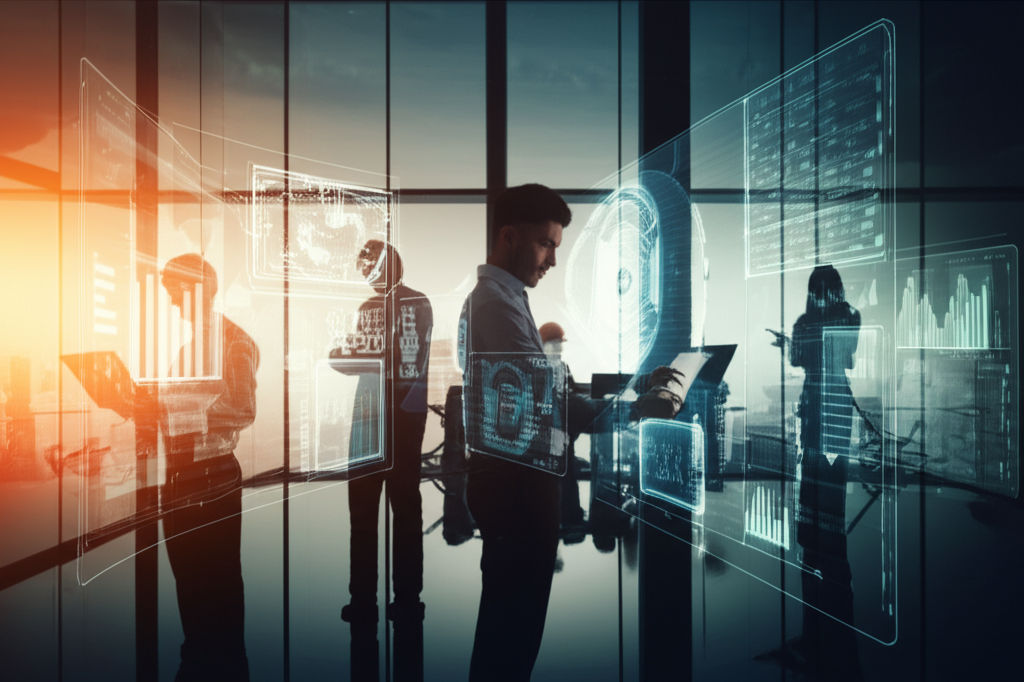Bridge the Gap: Ed to Industry in Future
Emily Willis

Photo: Bridge the Gap: Ed to Industry in Future
Bridging the Gap: How Education and Industry Can Create a Future-Ready Workforce
In our rapidly evolving world, change is the only constant. Technologies like Artificial Intelligence (AI) and automation are transforming industries at an unprecedented pace, reshaping how we work and the skills needed to thrive. This exciting, yet challenging, landscape has brought a critical issue into sharp focus: the growing gap between what education provides and what industries demand.
You've likely heard the saying, "The world is changing faster than our schools." It's true. Traditional education systems often struggle to keep up with the dynamic needs of the job market, leading to a "skills gap." This gap describes the disparity between the abilities employers seek and the qualifications job seekers possess. But here's the good news: this isn't an unfixable problem. By fostering stronger connections and innovative collaborations between education and industry, we can build a future-ready workforce that benefits everyone.
This article will explore why this gap exists, what skills are becoming essential for the future, and most importantly, how we can all work together—from students and educators to industry leaders and policymakers—to bridge this crucial divide.
Why the Gap Exists: A Look at the Disconnect
The skills gap isn't a new phenomenon, but it's certainly intensified with the acceleration of technological advancements. So, what's causing this disconnect?
- Rapid Technological Evolution: New tools, software, and methodologies are constantly emerging. AI, for instance, is rapidly redefining workforce demands, and its influence is only set to grow. The skills needed for many jobs have already changed by 25% since 2015, with projections indicating a staggering 65% change by 2030 due to advancements like AI.
- Curriculum Lag: Educational institutions, especially traditional ones, can sometimes be slow to update their curricula to reflect these fast-changing industry needs. This means students might be learning outdated information or theoretical concepts without enough practical application.
- Focus on Theoretical vs. Practical: Historically, universities have emphasized theoretical knowledge. However, employers are increasingly calling for "job-ready" candidates who can seamlessly integrate into rapidly evolving workplaces, particularly in technology-driven fields. The traditional four-year degree, once considered a golden ticket, is being reimagined as employers prioritize skills over credentials.
- Lack of Experiential Learning: Many students lack opportunities for hands-on experience, internships, or real-world projects that allow them to apply classroom knowledge in practical scenarios. This "context gap" means students might be confident but not yet capable of performing specific job tasks.
- Cost of Education: The skyrocketing tuition costs and the student debt crisis also play a role, putting pressure on institutions to demonstrate the tangible value of a degree in preparing graduates for the workforce.
This misalignment poses risks for businesses, who struggle to find the talent they need, and for individuals, who may face limited employment opportunities if they lack in-demand skills.
The Skills Employers Really Need: Future-Proofing Your Career
So, what exactly are employers looking for in this dynamic environment? It's not just about technical prowess; it's about a blend of diverse competencies that enable adaptability and continuous growth.
Here are some of the top skills employers will prioritize in the coming years:
- Digital Literacy and AI Proficiency: This is non-negotiable. It's about effectively using digital tools, understanding digital systems, navigating online environments, and crucially, being able to use AI tools effectively to streamline operations and increase productivity. This also extends to understanding how AI works and its ethical implications.
- Critical Thinking and Problem-Solving: In a world full of uncertainties, the ability to objectively evaluate information, analyze from multiple perspectives, and come up with creative, practical solutions is invaluable.
- Adaptability and Resilience: Industries and technologies will continue to evolve, so the capacity to navigate unexpected situations, cope with change, and respond positively to new work environments is vital.
- Communication and Collaboration: Even with increasing automation, the human element remains crucial. Strong interpersonal skills, including active listening, clear communication, and the ability to work effectively in diverse teams, are highly sought after.
- Emotional Intelligence (EQ): As machines handle more routine tasks, humans must focus on what they do best: building relationships and fostering empathy. High EQ helps individuals understand and manage their own emotions and those of others, leading to stronger working relationships.
- Data Literacy and Analytics: Businesses are amassing vast amounts of data. The ability to interpret, analyze, and transform complex data into compelling narratives for informed decision-making is becoming increasingly important.
- Creativity and Innovation: Tackling challenges from unique angles, breaking free from conventional thoughts, and finding novel solutions are foundational to many businesses.
- Lifelong Learning: The concept of a fixed skillset is outdated. Employers value a commitment to continuous learning and growth, recognizing that individuals must constantly update their skills to remain relevant and competitive.
Bridging the Gap: Innovative Approaches and Collaborative Efforts
Closing the skills gap requires a concerted effort from all stakeholders. Here's how we can bridge the divide:
What Education Can Do: Evolving for the Future
Educational institutions are increasingly recognizing the need to adapt and are implementing innovative strategies:
- Curriculum Modernization: Regularly updating curricula to reflect evolving industry needs and incorporating cutting-edge skills and technologies. This means moving beyond traditional theoretical models to include more practical, job-ready skills.
- Experiential Learning Opportunities: Providing robust internship programs, apprenticeships, co-op placements, and project-based learning that offer students hands-on exposure to real-world industry practices. This helps students apply classroom knowledge and develop valuable industry-specific insights.
- Emphasis on Soft Skills: Integrating professional development opportunities and workshops that help students cultivate vital soft skills like communication, teamwork, problem-solving, and adaptability.
- Leveraging Technology in Education: Using AI tools to create personalized learning paths, suggest relevant resources, and help students build skills aligned with career goals. AI can also foster inclusivity by providing diverse language support and creating fair learning environments.
- Micro-credentials and Flexible Learning: Offering shorter, focused programs and certifications that allow individuals to acquire specific, in-demand skills quickly. Online and flexible learning options are crucial for working professionals and non-traditional students.
- Career Guidance and Employability Skills: Investing in comprehensive career services that provide resume workshops, interview preparation, networking events, and guidance on how to market oneself effectively to potential employers.
What Industry Can Do: Investing in the Talent Pipeline
Businesses have a critical role to play in shaping the future workforce:
- Active Collaboration with Academia: Establishing industry advisory boards to provide insights into current trends, skill requirements, and technological advancements. This direct feedback can inform curriculum development and ensure what's being taught is relevant.
- Offering Internships and Apprenticeships: Providing structured programs that give students on-the-job training and practical experience. These programs are a win-win, offering companies a talent pipeline and students invaluable real-world exposure.
- Mentorship Programs: Industry professionals can mentor students, sharing practical insights, real-world examples, and case studies that bridge the gap between theory and practice.
- Co-creating Curriculum and Training: Collaborating with educational institutions to design customized training programs and even co-create curricula that align with specific industry needs. Some companies are building "digital academies" to help employees build digital skills through experiential learning.
- Providing Resources and Data: Sharing real-world data (potentially synthetic or anonymized datasets to protect privacy) and resources with educational institutions to enhance learning experiences, especially in fields like AI and data analytics.
- Skills-First Hiring: Shifting focus from traditional degrees to demonstrated skills and competencies. In 2024, 81% of employers reported using skills-based hiring practices, recognizing that this approach is more predictive of job success.
What Individuals Can Do: Embracing Lifelong Learning
For individuals, taking ownership of your learning journey is paramount:
- Embrace Lifelong Learning: The idea that learning stops after graduation is long gone. Continuously seek new knowledge and skills throughout your life. This can be through formal courses, online platforms (like Coursera, Udemy, LinkedIn Learning), workshops, or self-study.
- Focus on Future-Proof Skills: Prioritize developing skills like digital literacy, AI proficiency, critical thinking, problem-solving, adaptability, and emotional intelligence. These are highly transferable and will remain in demand across various industries
Latest ✨
View Allimportance of creating an inclusive and friendly learning environment in educational institutions. It highlights the benefits of such an environment, including promoting academic success, enhancing student well-being, encouraging respect and understanding, supporting personal growth, and preparing students for the future.
Emily Willis
Master strategic play with game theory! Understand how choices depend on others, predict outcomes, and enhance your decision-making in economics and life.
Emily Willis
Discover the hidden connections that drive global stock markets. Explore stock correlations, their impact on diversification and risk, and how to calculate them. Learn how to apply this knowledge to your investment strategy and uncover secrets to making more informed decisions.
Emily Willis
In today's digital age, businesses face numerous cybersecurity threats and need to protect sensitive data. To choose the right cybersecurity solution, businesses should understand their specific needs, assess potential threats, evaluate different solutions, consider ease of use and integration, evaluate the provider's reputation and support, conduct a cost-benefit analysis, and implement and monitor the solution effectively.
Emily Willis
Business
View All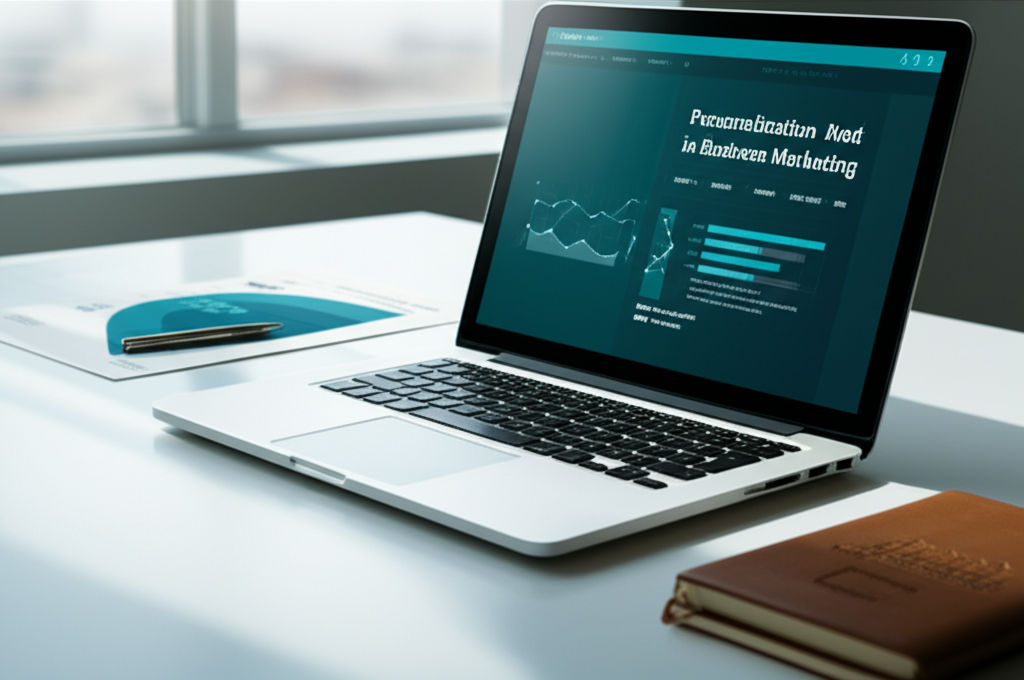
June 8, 2025
Personalization in Business MarketingUnlock business growth! Learn how personalized marketing transforms interactions, boosts engagement & loyalty by speaking directly to your customers.
Emily Willis

June 8, 2025
Market Research: Your Business CompassMarket research: your ultimate business compass. Gain vital insights on customers, competitors & trends to steer your business to growth & success.
Emily Willis

June 18, 2025
Assurance Auto Pas Chère : Le Guide Ultime (2025)Découvrez comment trouver une assurance auto pas chère sans sacrifier la qualité. Notre guide 2025 vous offre astuces, comparatifs et conseils d'experts pour économiser intelligemment.
Emily Willis
Economy
View AllNavigate economic shifts. Learn what a recession is, spot key indicators, and get actionable strategies for personal finance and business resilience.
Read MoreDemystify healthcare economics! Understand its core pillars: access, cost, & quality, crucial for your health journey & society's future.
Read MoreThe digital economy is reshaping jobs and fueling global growth. Explore its impact on employment, new roles, and future opportunities.
Read MoreEntertainment
View All
August 4, 2024
The Latest Music Trends, Artists Influencing Pop Culture, and How Digital Platforms Facilitate the Distribution of Music GloballyThe music industry is constantly changing due to consumer preferences, technology, and the influence of artists. Digital platforms have revolutionized music creation, distribution, and consumption, leading to genre fusion, the rise of independent artists, and collaborative projects. Influential artists like Billie Eilish, BTS, and Taylor Swift have shaped pop culture globally. Streaming services, social media, and direct-to-fan engagement have transformed music distribution. Digital platforms also promote cultural diversity and inclusivity, expand markets and revenue, and drive technological advancements. The industry is also focusing on sustainability and ethical practices. To succeed in the future, stakeholders must embrace digital transformation and champion inclusivity.
Emily Willis

July 4, 2025
Scuffed Yet Super FunEmbrace the charm of "scuffed yet super fun" experiences! Discover why unpolished, authentic moments bring true joy in a world obsessed with perfection.
Emily Willis

July 4, 2025
Floating Fun CenterDive into delight at Floating Fun Centers! Explore dynamic inflatable water parks packed with slides, obstacles, and endless summer adventure.
Emily Willis
Health
View Allsleep for physical and mental well-being, discussing the benefits of sleep such as physical restoration, brain function, emotional regulation, concentration, and reduced risk of chronic diseases. It explains the different stages of the sleep cycle and provides guidelines for how much sleep individuals of different ages need.
Emily Willis
Nutrition is crucial for maintaining overall body health, impacting energy levels, disease prevention, and overall well-being. A healthy diet includes fruits, vegetables, whole grains, proteins, healthy fats, and hydration. Proper nutrition positively affects energy levels, immune function, heart health, weight management, and mental health. Practical tips for improving nutrition include planning balanced meals, reading food labels, cooking at home, limiting processed foods, and staying hydrated. By prioritizing nutrition and making informed choices, individuals can enhance their health and well-being.
Emily Willis
Quality sleep is essential for overall health and well-being, impacting physical, cognitive and emotional functioning. Lack of quality sleep can lead to a variety of health issues, including weakened immune function, heart problems, weight gain and cognitive impairment.
Emily Willis
Trending 🔥
View All
1
2
4
5
6
7
8
9
Lifestyle


Sports
View AllAugust 5, 2024
The Future of Sports: Anticipating Trends, Embracing Innovation, Shaping a New Era
Read MoreTechnology
View All
August 4, 2024
Latest Trends in Mobile Application Development
latest trends in mobile application development for 2024. These trends include the integration of 5G technology, artificial intelligence and machine learning, Internet of Things (IoT), augmented reality (AR) and virtual reality (VR), cross-platform development, mobile wallets and payment gateways, progressive web apps (PWAs), enhanced app security, voice search and integration, and sustainability and green mobile apps.
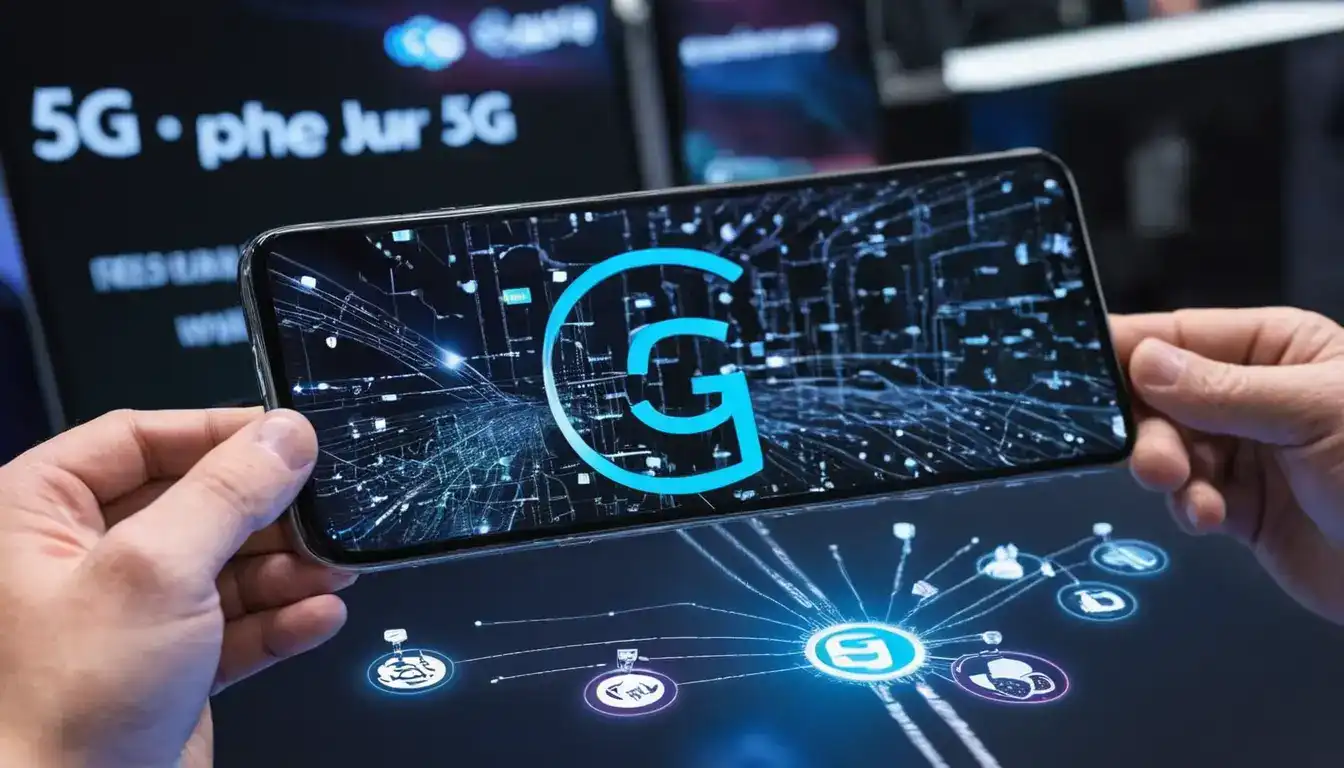
August 4, 2024
The Role of 5G Technology in Revolutionizing Communication
The introduction of 5G technology is set to revolutionize communication by offering faster speeds, lower latency, and increased capacity for connecting devices. This technology will impact various sectors such as healthcare, transportation, and entertainment. 5G enhances communication through faster speeds, lower latency, and increased capacity, enabling applications like remote surgery, autonomous vehicles, and high-quality streaming.
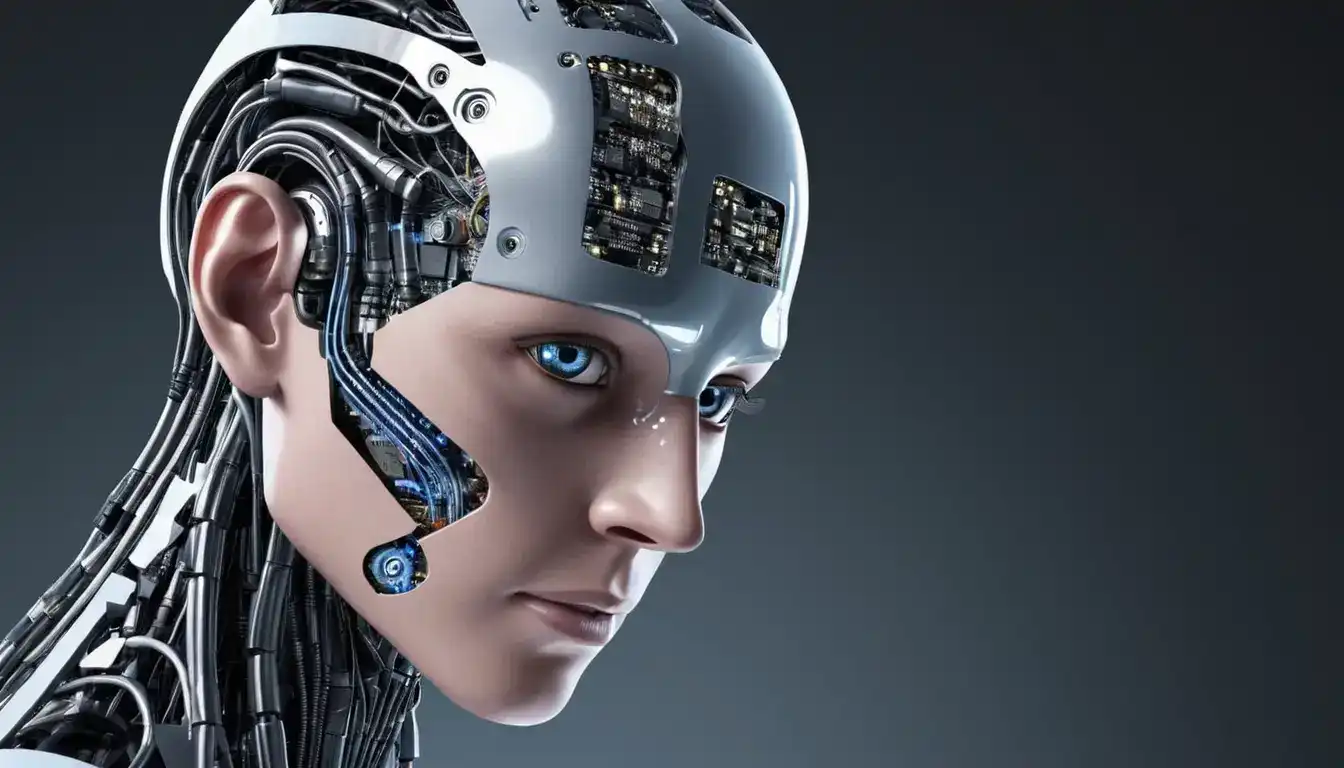
August 4, 2024
The Future of Artificial Intelligence: Opportunities and Challenges
opportunities and challenges presented by Artificial Intelligence (AI) in various sectors such as efficiency, customer experiences, healthcare, education, and economic growth. It highlights the need to address ethical considerations, job displacement, privacy issues, security risks, and regulatory challenges associated with AI.
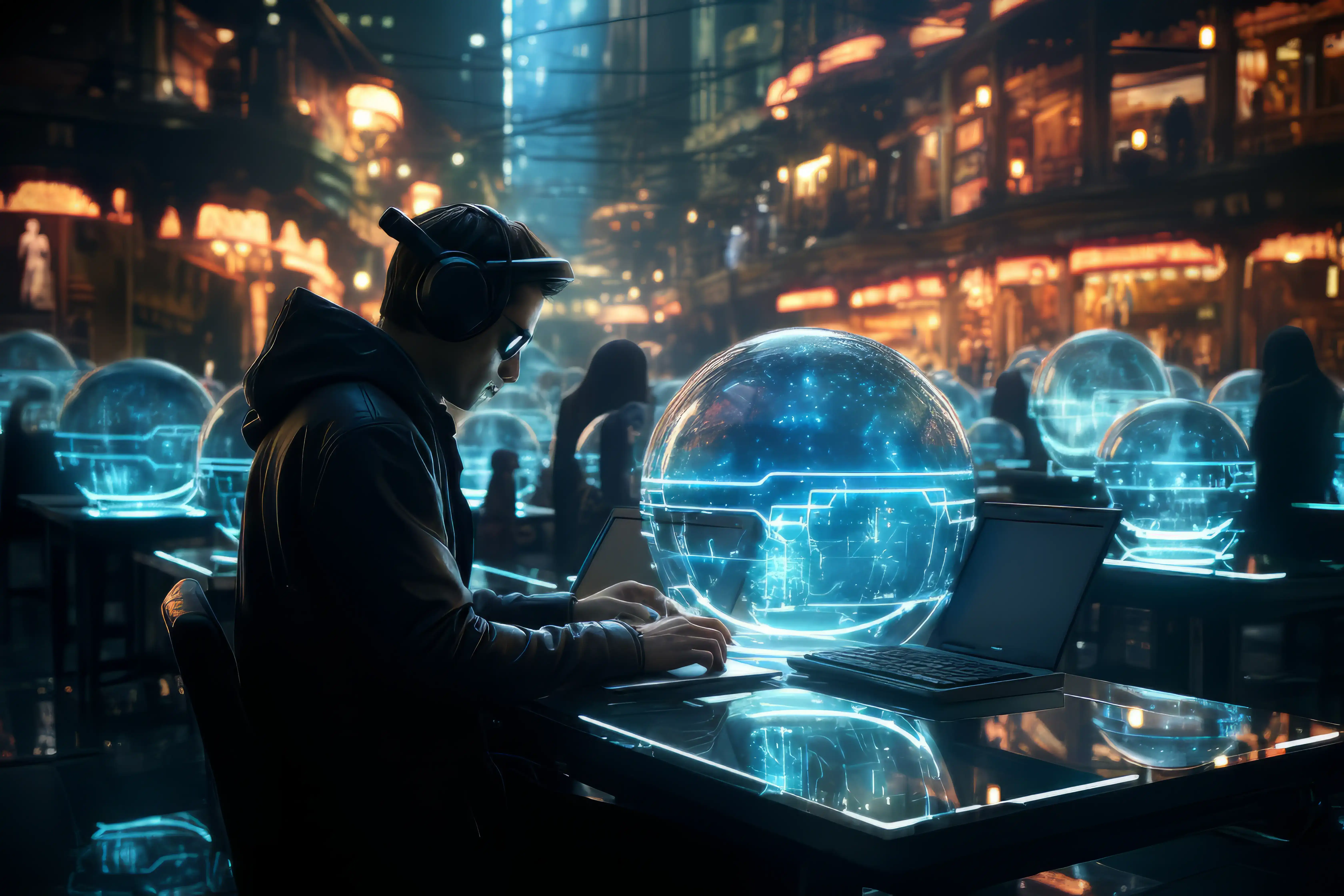
August 5, 2024
The Future of Cybersecurity and Upcoming Challenges
cybersecurity in the digital age, highlighting key trends and challenges that will shape the future of cybersecurity. It addresses issues such as the increased use of AI and ML, the growth of IoT devices, ransomware attacks, cloud security, and supply chain attacks. It also outlines upcoming challenges in cybersecurity, including talent shortage, regulatory compliance, cybersecurity for remote work, quantum computing, and social engineering attacks.






